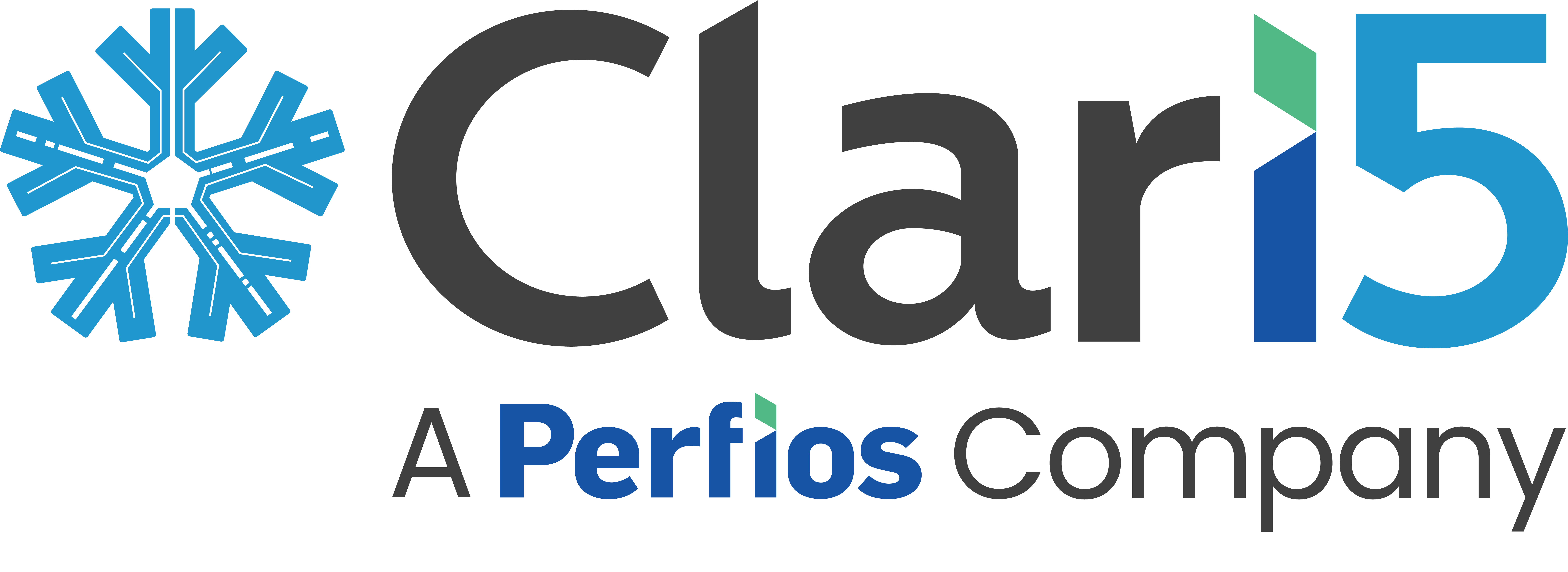In an age where even scientific discoveries are turning out to be unreliable, scientists, of course state that these are “self correcting” and therefore in the long run, the truth shall prevail, businesses have something to worry about, mainly so because they need to take quick decisions based on the information they have available today and cannot wait till a more “accurate” version of the truth arrives tomorrow. To take a parallel in the medicine industry, many times wrong diagnosis has harmed businesses more than wrong strategy.
Here are a few reasons why research goes wrong in today’s world:
-
An interconnected world allows access to analysis in one part of the world, everywhere else. However conditions and assumptions underlying the analysis may not apply to your case
-
Hype about new media, like Facebook, Twitter and Mobile forces advertisers and marketers to embrace these channels so that they can brag about the logos. However, the ROI for the same may not justify the effort depending on how frequently decision makers in your segment access these channels
-
More data, more complexity – news gatherers try to hide the complexity of findings and analyses in simple terms, so that content is easy to read and generates more page views. However, only getting to the source of the content would tell the reader about the constraints and assumptions as well as the statistical probabilities observed
-
Terminology – different terms mean different things in the same language with the same industry. For example, a “savings account” could mean an fixed term deposit in the UK, whereas it means an interest earning demand deposit in India. An analyst reading about trends in savings accounts could make wrong interpretations owing to this
In summary, either
-
the third party research does not mean what you think it does, or
-
it isn’t relevant in your context, or
-
it works – and if it does, it’s more likely a fluke that’s not guaranteed to provide repeatable results
The solution?
-
do your own research
-
implement strategy based on this research
-
implement a feedback loop that proves / disproves your hypothesis
-
rinse and repeat
In the banking industry, it is more important than ever to not rely on trends, news sources and so called “independent” studies that are not validated for your customers, your business environment and your products based on your own data.
If you are a leading bank, you already have a huge amount of transaction data ready to be mined in real time. To find out how you can perform your own research to retain valued customers and maximize revenue, contact CustomerXPs at clari5@customerxps.com.
By Alok Kumar
Alok Kumar is Product Line Engineering Manager at CustomerXPs
He can be reached at clari5@customerxps.com
CustomerXPs offers real-time, intelligent products that empower banks with instant insights enabling influenced outcomes of deeper customer engagement and fraud-free transactions.

